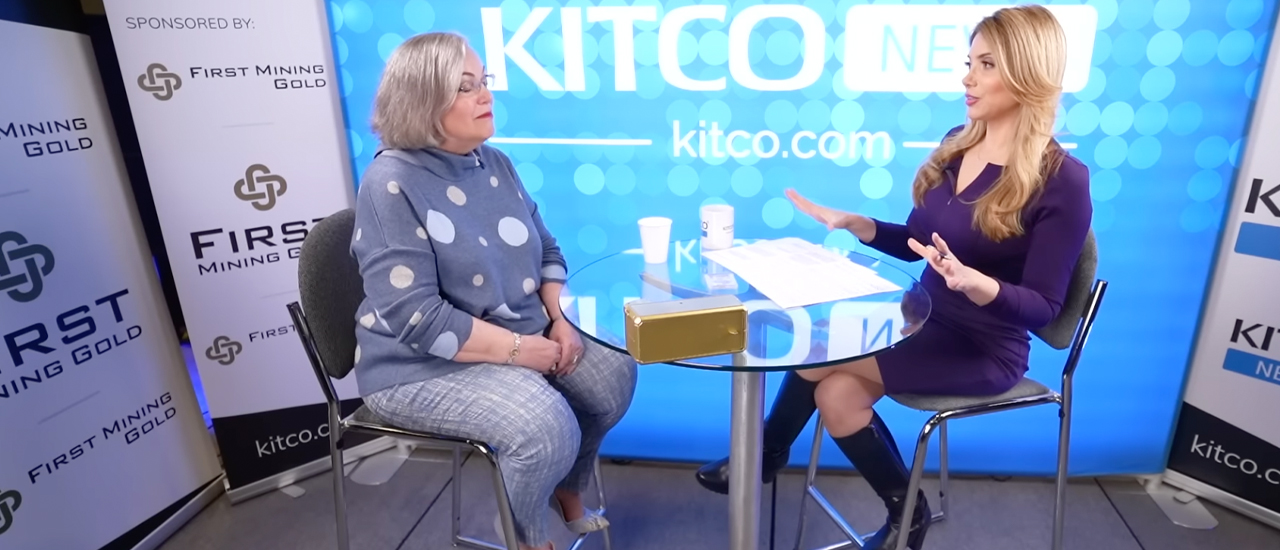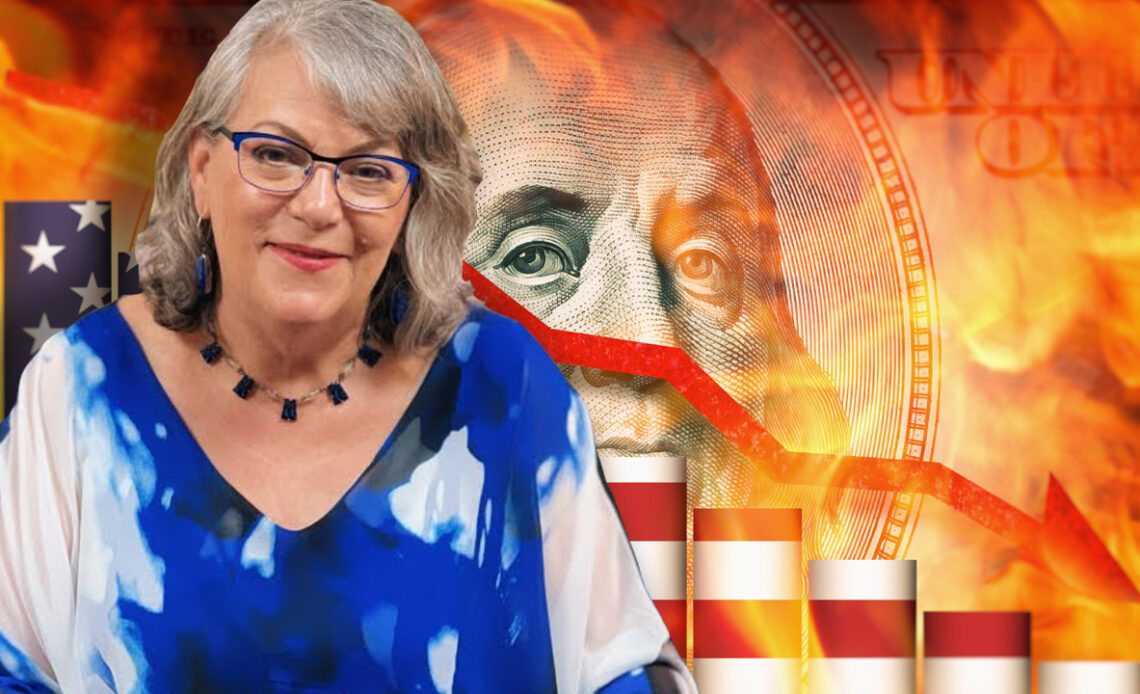According to Lynette Zang, chief market analyst at ITM Trading, U.S. banks have the legal authority to confiscate people’s funds due to legislation passed by Congress. In a recent interview, Zang discussed how the purchasing power of the U.S. dollar has dwindled to “roughly three cents,” her belief that central bank digital currencies (CBDCs) will reinforce a “surveillance economy,” and the unalterable nature of the World Economic Forum’s proposal, known as the Great Reset.
The Consequences of Bank ‘Bail-Ins,’ CBDCs, and the Great Reset
In a recently published video interview, Lynette Zang, the chief market analyst at ITM Trading, sat down with Michelle Makori, lead anchor and editor-in-chief at Kitco News. Zang discussed how the U.S. dollar and most major fiat currencies are near their end.

“People don’t realize that everything has a life cycle,” Zang told Makori. “I’m at a different point in my life at 68 than my granddaughter who is about to turn eight. Currencies are no different. There are recognizable patterns that we can see all along the way,” Zang emphasized. The analyst continued:
But there’s not a doubt in my mind … I mean, first of all, there’s roughly three cents left of the [original] dollar’s worth of purchasing power … So, what happens when you reach zero? You have to go negative, and they take your principal.
Zang also informed the host that the Dodd-Frank legislation transforms depositors into “unsecured creditors.” She emphasized that the laws enable financial institutions to easily convert deposits into equity. Instead of “bailouts,” Zang predicts there will be “bail-ins,” where depositors’ savings are used to prevent a bank from collapsing.

“People have the assumption that when they make a deposit, it’s their money,” Zang stated. “But it’s not. When you make a deposit, legally, you’re lending your money to the bank. In 1995, they passed Regulation D, which legalized and allowed banks to move your deposits into sub-accounts that are in the bank’s name.”
Then they use that as collateral for loans, and you know, frankly, most of the revenue that banks generate now is trading revenue, according to the Office of the Comptroller of the Currency. So, that just allows them to reduce their reserves and use your money to gamble with. You don’t even realize it because it’s invisible.
During the interview, Zang forecasted that nearly everyone will experience a…
Click Here to Read the Full Original Article at Bitcoin News…
























